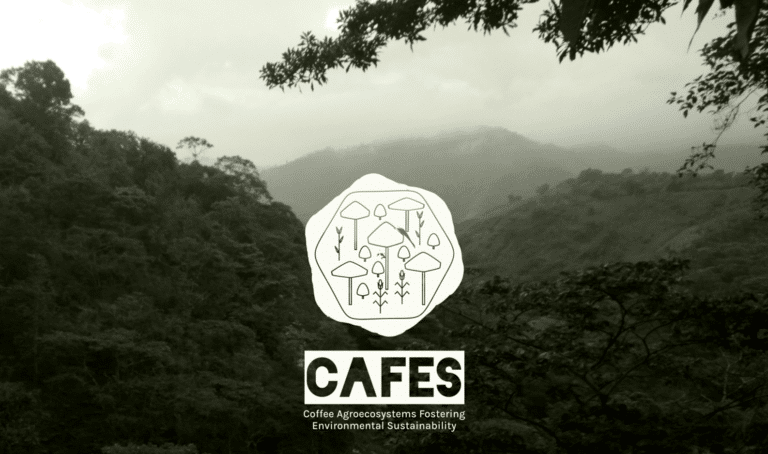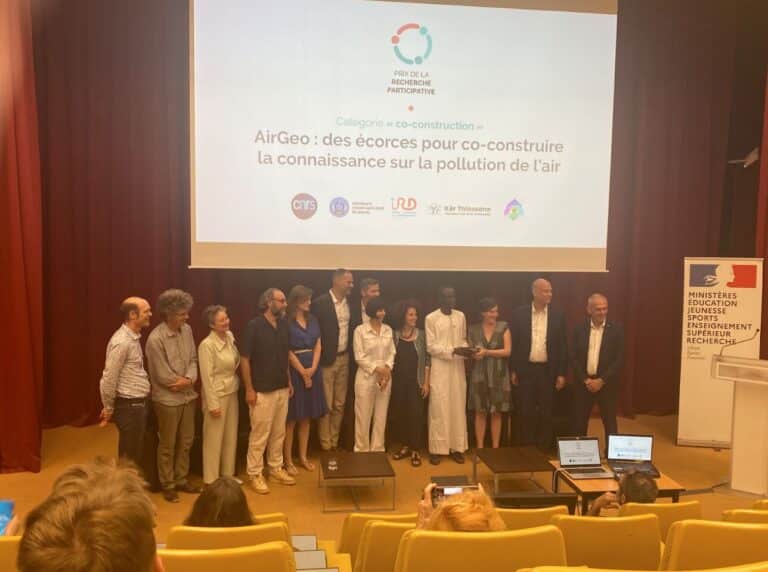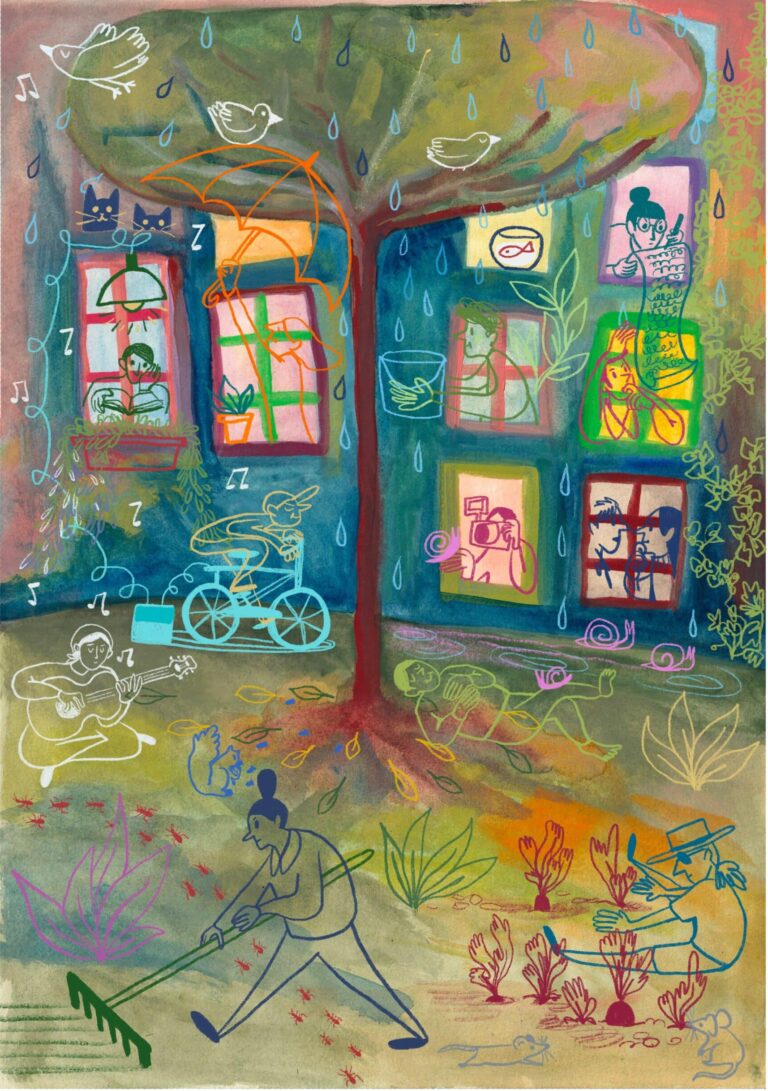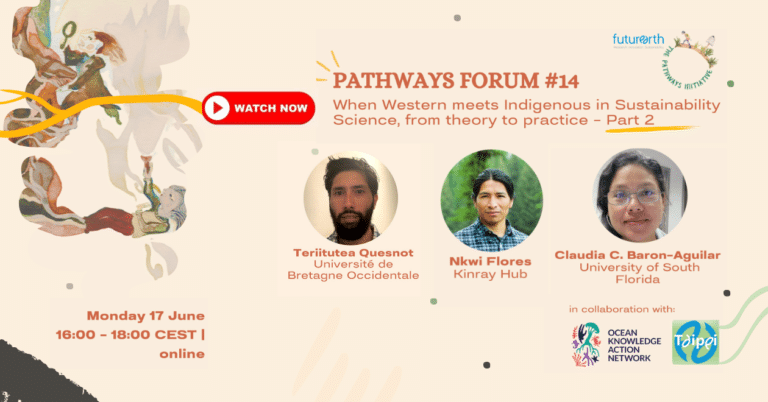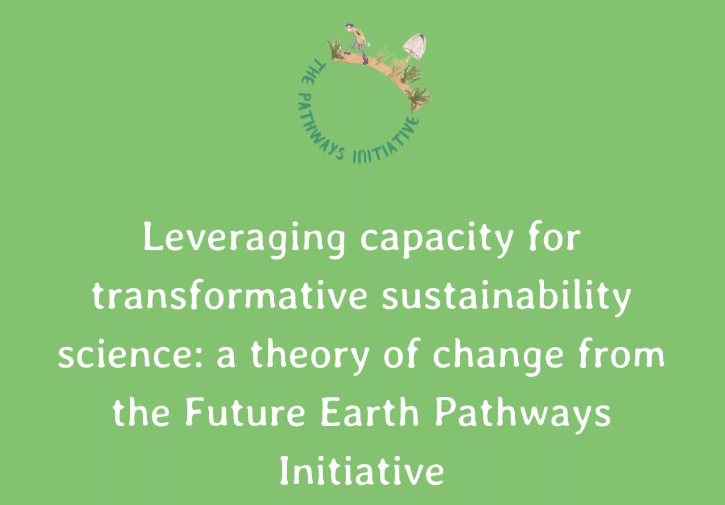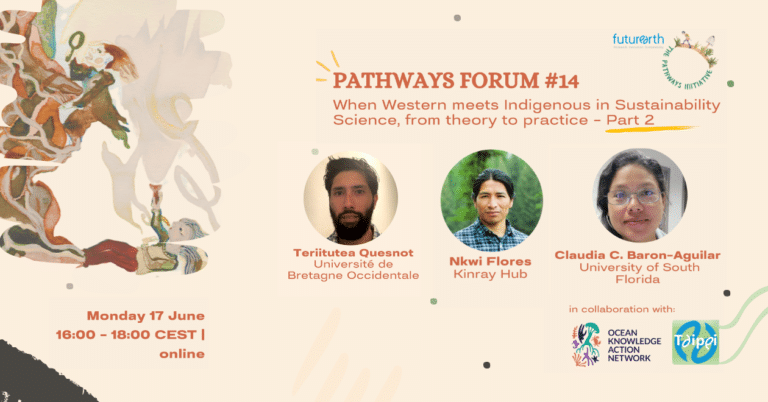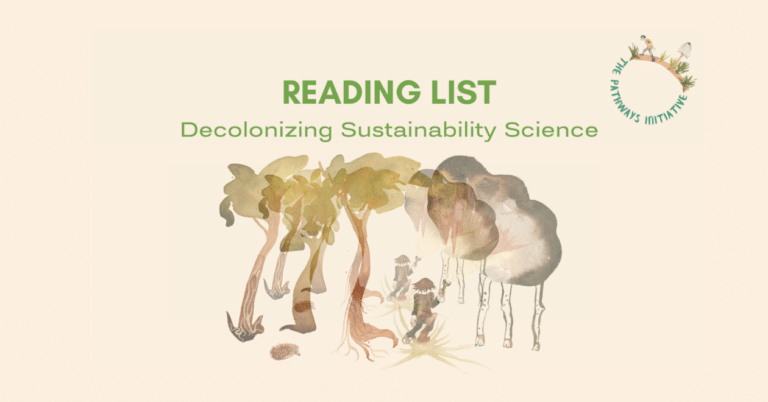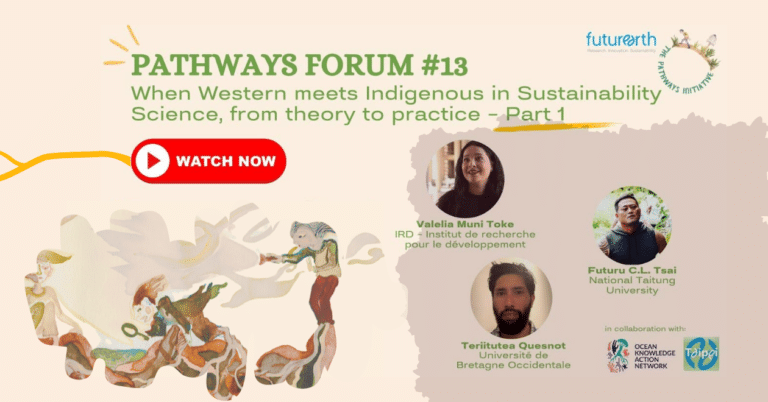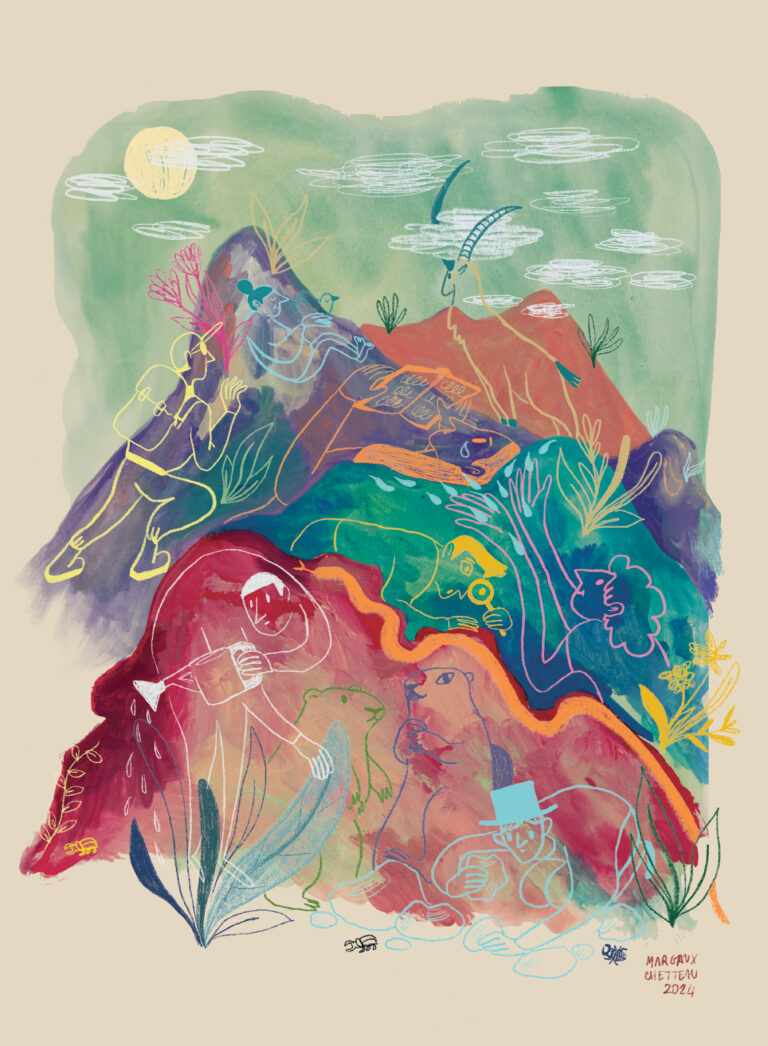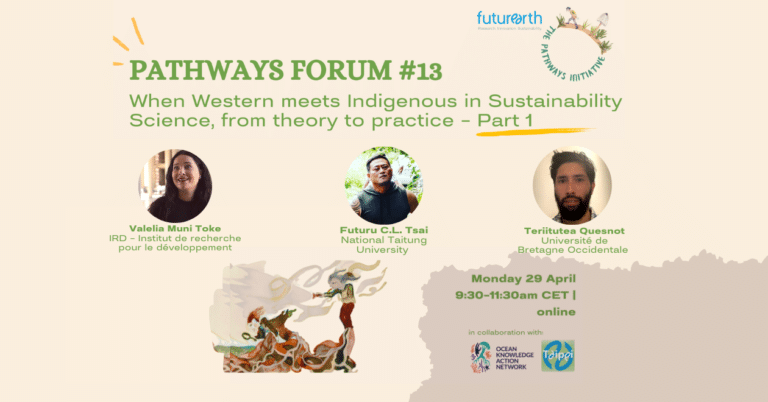Launched in late 2021, the Pathways Initiative Communication Grants promote innovative communication products to disseminate research findings on science-based pathways for sustainability and encourage their wider uptake. In 2022, the Pathways Initiative opened 2 rounds of calls and a selection committee comprising of science and communications experts awarded the following successful projects:
The backstage of transformations: a case of envisioning small-scale fisheries futures in a Global South context ⏐Instituto SARAS & EqualSea Lab
Small-scale fisheries are at a crossroads: local blue food is more important than ever, but fishers are struggling to sustain their livelihoods and culture. Multiple actors are collaboratively envisaging potential local solutions and articulating sustainability initiatives to overcome this challenge. The film Fishing Transformations (“Pescando Transformaciones” in Spanish) documents a coalescence process of sustainability initiatives aimed at fostering a transformation of small-scale fisheries in Uruguay, South America. The film aims to amplify the individual and collective impact of the initiatives by providing co-produced visions of the future, a conjunction of multiple and diverse values, contexts and place-based experiences to fuel new narratives of change.
Scientific Leader: Ignacio Gianelli
10 Facts on Land Systems for Sustainability ⏐Global Land Program (GLP)
The Global Land Programme (GLP) released a peer-reviewed paper in PNAS, the Proceedings of the National Academy of Sciences of the United States of America, and an accompanying Report for Policy and Practice intended to communicate beyond the scientific community, identifying « 10 Facts » about global land use and detailing opportunities for designing more sustainable and equitable pathways to land, taking the diversity of development goals associated with land use and management. GLP’s theory of change for the policy report is that improved understanding of land systems via the 10 facts can help people from civil society co-designers to global-level decision makers make better decisions on land. The study is intended to inform policies aimed at addressing challenges like how to limit the impacts of climate change, designing systems for sustainable food and energy production, protecting biodiversity, and balancing competing claims to land ownership. It also details implications for policymakers to consider if they hope to develop economically, culturally, and environmentally sustainable pathways and solutions to these complex challenges.
Scientific Leader: Ariane De Bremond
Fair Food Futures: Engaging civil society in transforming food systems and localising the Sustainable Development Goals ⏐ University of Queensland
‘Zero Hunger’ requires radical solutions that emphasize ‘food justice’ – reducing inequality by ensuring equitable access to fairly produced, ecologically sustainable and healthy food. This project will translate findings on Fair Food Futures in Australia, where grassroots food system actors – such as urban gardeners, farmer cooperatives, food charities and ‘fair food’ advocates – have co-created scenarios for community-led food system reform and the possible pathways to get us there. The project will deliver an animation and podcast series exploring the connections between food justice and the global SDG agenda and will support civil society and policy makers to craft sustainability pathways together.
Scientific Leader: Kiah Smith
INSPIRE and EMBARK ! ⏐AirGeo
Can trees and bark be our allies for sustainable urbanization in Africa? The AirGeo project (CRAs Belmont Forum) creates a community of practice around the use of passive biosensors made of bark to monitor the air we breathe for communities facing rapid urbanization and the direct proximity of metal recycling plants (iron and lead). To translate the scientific knowledge co-builded in the first part of the project, AirGeo designed an innovative exhibition « Inspire and Embark » for stakeholders engaged in the project: people living near the plants, associations, and decision-makers. The exhibition, which took place in May 2023, took the form of a tiny pop-up mobile museum to travel to the heart of 8 districts of Sebikotane and Diamniadio, communes close to Dakar, the capital of Senegal (sub-Saharan Africa) where the first campaign was implemented in 2022. It used vegetation as a narrative thread and focused on art and oral facilitation for the translation of findings. The exhibition was designed to foster the emergence of everyone’s testimonies, leading to the co-design of nature or science-based solutions.
Scientific Leader: Claire Dutrait
Transformation of coffee landscapes: co-production of pathways for sustainability through participatory serious board games⏐ Instituto de Ecologia A.C. (INECOL)
Tropical coffee landscapes constitute rich agroecological matrices of great ecological and cultural value. However, the cumulative effects of socio-environmental crises have transformed these landscapes, affecting the livelihoods of producers and their management practices. Previous research showed that forest cover of coffee landscapes of central Veracruz, Mexico, decreased after the coffee-leaf rust outbreak and was associated with the intensification of management practices and the transition to commercial crops. Additionally, actors involved in landscape transformation were diverse and influenced different stages of the coffee value-chain (i.e., production and commercialization processes). However, producers were differentially affected depending on which association strategy they followed. The communication of these results to relevant actors involved in the coffee sector (producers, government, nonprofits) is crucial to draw attention to the strategies that can sustain change in the region and envision new scenarios for sustainability. We will design and implement a participatory serious board game to represent the complex interactions affecting coffee production, the livelihood of producers, and the ecological integrity of the agroecological matrix. The game, considered a learning tool, will have a dual purpose: inform participants on these findings; and encourage a discussion and reflection on new pathways for achieving sustainable landscapes and local wellbeing.
Scientific Leader: Martha Bonilla Moheno
